Body Mass Index (BMI) is a widely used tool to assess a person’s body weight in relation to their height. It provides a simple numeric value that can help indicate whether a person is underweight, normal weight, overweight, or obese. While BMI is a useful screening tool, it is important to understand its limitations and how it should be interpreted. This guide aims to provide a comprehensive overview of BMI, including how it is calculated, its strengths and weaknesses, and how it can be used in conjunction with other measures to assess overall health. Whether you’re a healthcare professional, bariatric surgery patient, or simply curious about your own BMI, this article will help you navigate the complexities of this common but often misunderstood metric.
What is BMI?
BMI stands for Body Mass Index. It is a measure that relates body weight to height and is commonly used to classify individuals as underweight, normal weight, overweight, or obese. It is a simple and inexpensive screening tool for assessing weight status and potential health risks associated with weight.
What do the numbers mean?
BMI is calculated by dividing a person’s weight in kilograms by the square of their height in meters (BMI = weight (kg) / height (m)^2). The resulting number is used to categorize individuals into different weight categories:
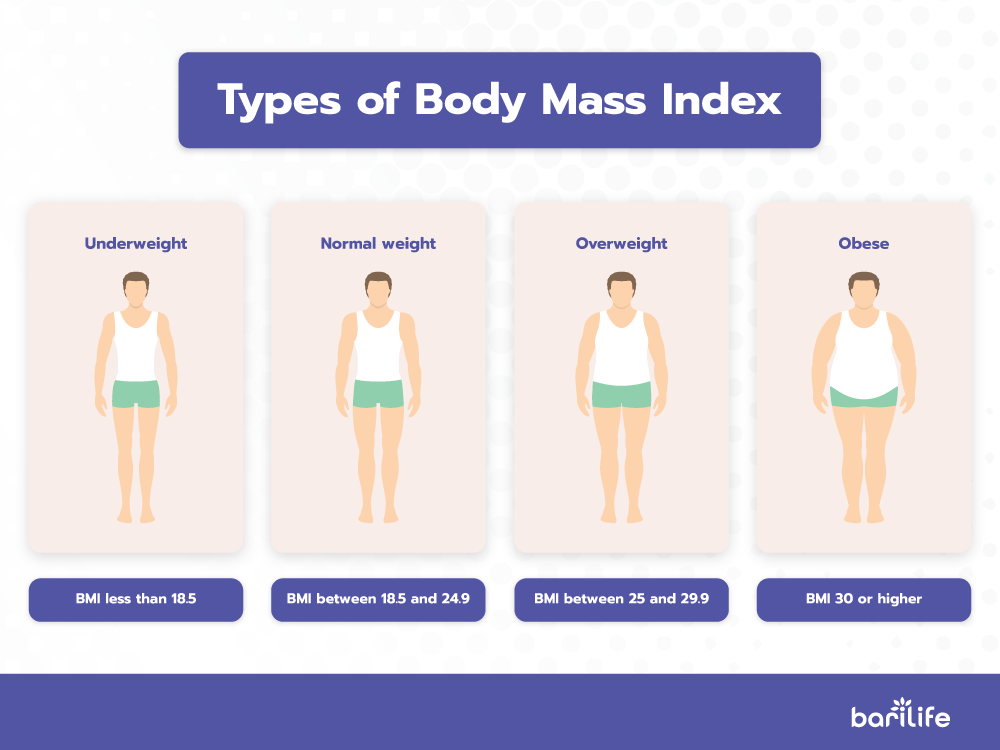
How is BMI calculated?
To calculate BMI, you need to know your weight in kilograms and your height in meters. Once you have these values, you can use the formula mentioned above to calculate your BMI.
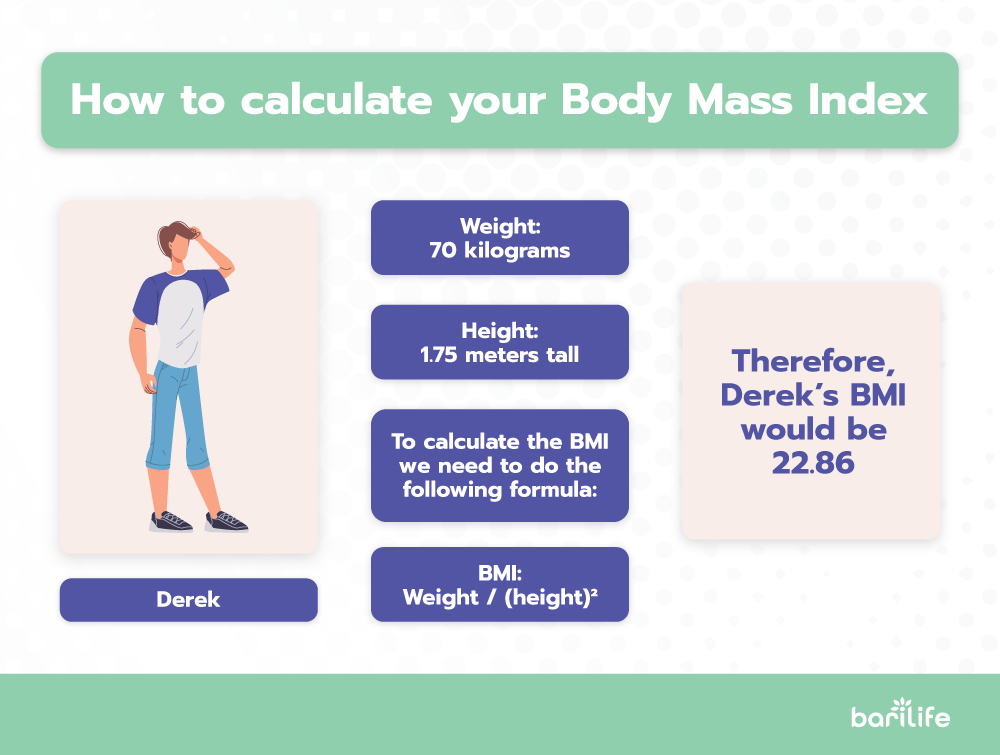
This value places this individual in the normal weight category.
Is BMI accurate?
While BMI is a useful tool for population-level assessments of weight status, it has limitations when applied to individuals. It does not directly measure body fat or body composition, so it may not accurately reflect the health status of individuals with high muscle mass or those who are very muscular. Additionally, it does not take into account factors such as age, sex, or ethnicity, which can influence body composition and health risks. As such, BMI should be used as part of a comprehensive assessment of an individual’s health status, rather than as a sole indicator.
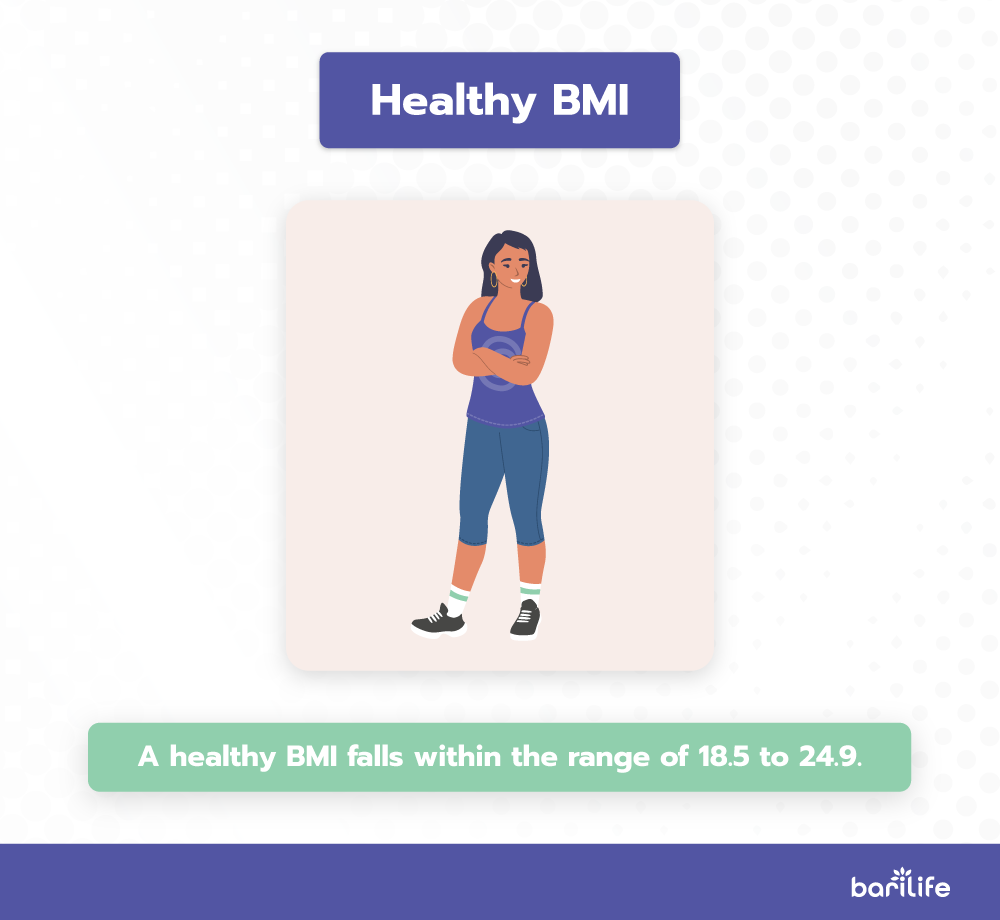
This range is considered normal weight and is associated with the lowest risk of developing weight-related health issues. It’s always best to consult with a healthcare professional to determine what is a healthy weight for you based on your individual circumstances.
Do I Need Surgery?
Bariatric surgery is typically considered for individuals with severe obesity or obesity-related health conditions who have not been able to lose weight through other means.
When would one qualify for bariatric surgery, based on BMI?
Qualifying for bariatric surgery is often based on BMI, along with other factors such as the presence of obesity-related health conditions. Guidelines vary, but generally, individuals with a BMI of 40 or higher, or a BMI of 35 or higher with obesity-related health conditions such as type 2 diabetes or sleep apnea, may qualify for bariatric surgery.
How to prepare
Preparing for bariatric surgery is a comprehensive process that involves several key steps. One of the first steps is to undergo thorough medical evaluations to assess your overall health and determine if you are a suitable candidate for surgery. These evaluations may include blood tests, imaging tests, and consultations with various healthcare professionals, such as a surgeon, dietitian, and psychologist.
In addition to medical evaluations, preparing for bariatric surgery also involves making significant dietary and lifestyle changes. This typically includes following a pre-operative diet to reduce the size of the liver and abdomen, which can make the surgery safer and more effective.
Because this diet is very low in calories, it’s likely it will be deficient in essential vitamins and minerals, so supplementation is necessary to prevent deficiencies and ensure that patients are getting the nutrients they need for optimal health. Vitamins are necessary before bariatric surgery to ensure that patients are in the best possible health prior to undergoing the procedure. Bariatric surgery is a major surgery that can have significant impacts on the body’s ability to absorb nutrients, particularly in the case of procedures like gastric bypass or sleeve gastrectomy.
That’s why we recommend all of our patients use our pre-surgery starter kit to ensure they are not at risk of nutrient deficiencies.
Post-Surgery BMI expectations
After bariatric surgery, individuals typically experience significant weight loss, which can lead to a reduction in BMI. The amount of weight loss and the resulting BMI can vary depending on the type of surgery performed, individual factors such as age and starting BMI, and adherence to post-operative guidelines.
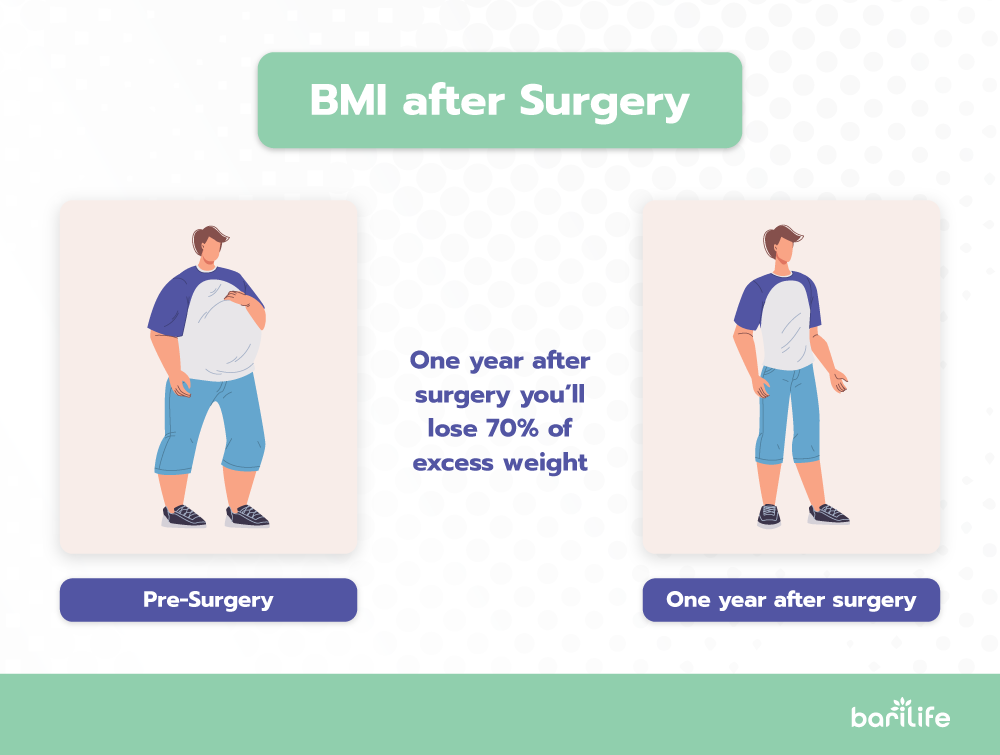
This can result in a substantial reduction in BMI, often moving individuals from the obese or severely obese category to the overweight or even normal weight category.
It’s important to note that the rate and amount of weight loss can vary, and some individuals may not achieve their desired BMI or weight loss goals. Additionally, maintaining a healthy weight and BMI after surgery requires ongoing commitment to lifestyle changes, including dietary modifications and regular physical activity. Working closely with a healthcare team can help individuals set realistic expectations and achieve long-term success.
After undergoing bariatric surgery, it is essential for patients to supplement their diet with vitamins to prevent nutrient deficiencies. The surgery can reduce the body’s ability to absorb nutrients, and the restricted post-surgery diet may not provide all the necessary vitamins and minerals. Rapid weight loss after surgery can also increase the risk of deficiencies.
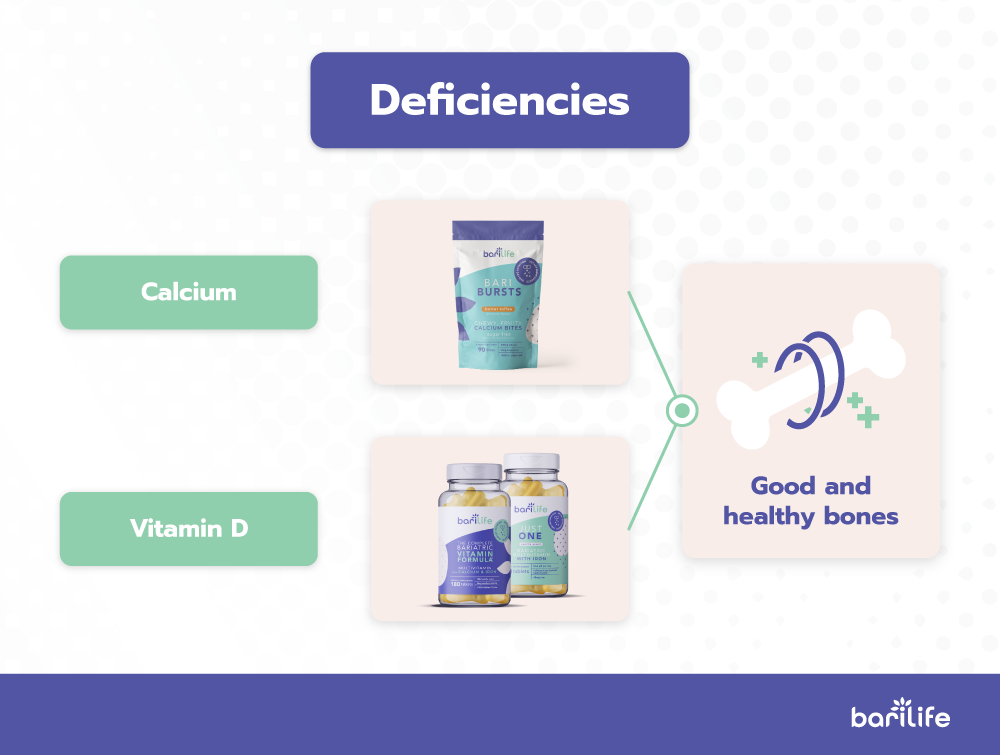
Additionally, vitamins play a vital role in overall health, including energy production, immune function, and cell repair. To ensure optimal health, bariatric surgery patients are advised to take a daily multivitamin and other supplements as recommended by their healthcare provider, along with regular monitoring of nutrient levels.
In conclusion, BMI is a valuable tool for assessing weight status, but it should be used in conjunction with other measures to evaluate overall health. Understanding BMI and its implications can help individuals make informed decisions about their health. For those considering bariatric surgery, it is important to follow healthcare provider recommendations, undergo thorough evaluations, make necessary dietary and lifestyle changes, and understand the risks and benefits of the procedure. Vitamins are crucial before and after surgery to prevent deficiencies and support overall health. By taking these steps, individuals can prepare themselves physically and mentally for bariatric surgery and achieve long-term success in managing their weight and health.




What are your tips and tricks to post-bariatric success?